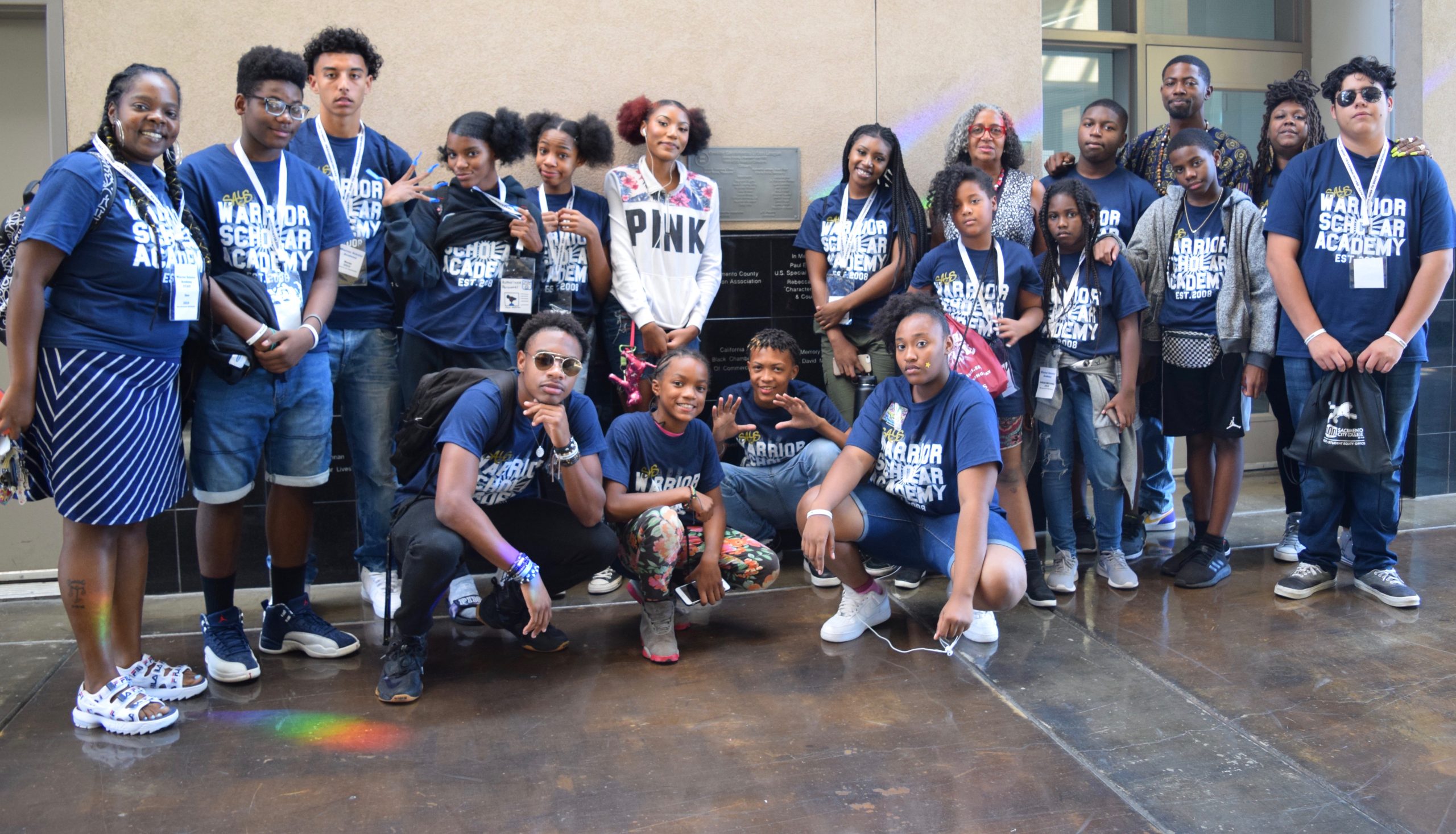For many mothers across the nation, the balance of childcare and employment often means sacrificing their careers for their children’s safety and education. And in 2020, mothers were three times more likely than fathers to cite childcare as a reason for not working.
With the barriers of the COVID-19 pandemic still in place—like virtual learning and homeschooling, access to technology, and possible exposure to a virus—many mothers are faced with a difficult decision: stay home with the kids or go to work?
The Impact on Black Mothers
For Black mothers specifically, this decision often comes at a higher cost. Nearly 68% of Black women are the primary or sole breadwinners of their families, compared with 37% of their white counterparts. This means that Black mothers sacrifice their careers to ensure the care of their children, which could result in the loss of their only income.
The burden of childcare significantly impacts Black and minority women because they make up most of the essential workforce. In some cases, Women of Color make up half of the service workforce as maids, housekeepers, nursing assistants, personal care aides, and home health aides. For these women, remote work is not available, giving them even less flexibility for their childcare options.
Affordable access to childcare disproportionately affects Black mothers, so USI has created strategies to support these women—and all heads of a household affected by the burden of childcare—like connection to a network of daycare and early learning providers, access to technology, and digital literacy, and support with virtual learning options.
The Real Impact of Childcare for Working Families
For one mother in Tidewater Gardens, a People First Empowered by USI Norfolk community, accessing childcare for her nonverbal, 3-year-old son was a significant barrier for her re-entering the workforce. So Ms. Jones reached out to USI’s People First Family Support staff to overcome these barriers.
Support Where It’s Needed
The priority was to enroll Ms. Jones’s son in daycare to allow Ms. Jones the availability to go back to work. Next, the People First Empowered by USI Norfolk team got to work connecting Ms. Jones to possible early learning programs. Eventually, she chose Smiling Faces Daycare to support her son.
To enroll her son, Ms. Jones pays nothing to Smiling Faces Daycare. However, through USI’s robust partner network, our Education Specialist connected Ms. Jones to the United Way Grant, “Childcare for All,” that covers the daycare costs for Ms. Jones.
“He [Ms. Jones’s son] is one of our most improved students for August. (He came to our center as a non-verbal) we have been working with him one on one, and he’s made a lot of progress. We’re all so excited and proud of his progress.” – Caregiver at Smiling Faces Daycare.
Through this partner network that Ms. Jones was also able to enroll her son in speech services at Children’s Hospital of The King’s Daughter and the Norfolk Public Schools’ pre-k program.
Once her son was enrolled in an early education program, Ms. Jones connected with the People First Empowered by USI Workforce Specialist to apply for jobs. She was able to find employment swiftly.
National Strategies to Support Childcare for Working Families
Like Ms. Jones’s family, having access to a network of accessible daycare and early learning programs is just one option for many Black mothers and other heads of households within USI communities affected by the barrier to affordable childcare.
Throughout 2020 and 2021 alone, USI has increased efforts to ensure our families and children can navigate the lingering effects of the pandemic on education.
Some of our current strategies include winning a grant through Facebook’s Data Center in Fort Worth to provide Chromebooks to each family that needs one in our Cavile Place neighborhood. In addition, continued efforts to ensure access to technology while closing the digital divide in Fort Worth look like providing access to free or affordable Wi-Fi as well as digital literacy training.
In Beecher Terrace, a USI Louisville community, the USI Education Specialist and Bellarmine University developed a program to create more accessible access to tutoring and other educational support needed by their local students. This strategy became the Bellarmine RISE program.
It is through the diligent work of USI staff to support at the moment but to also build strategies to reduce the impact that an unexpected global pandemic or the far-reaching effects of systemic racism have on not only the families and children that USI supports directly, like Ms. Jones’s, but all families and children across the nation.
